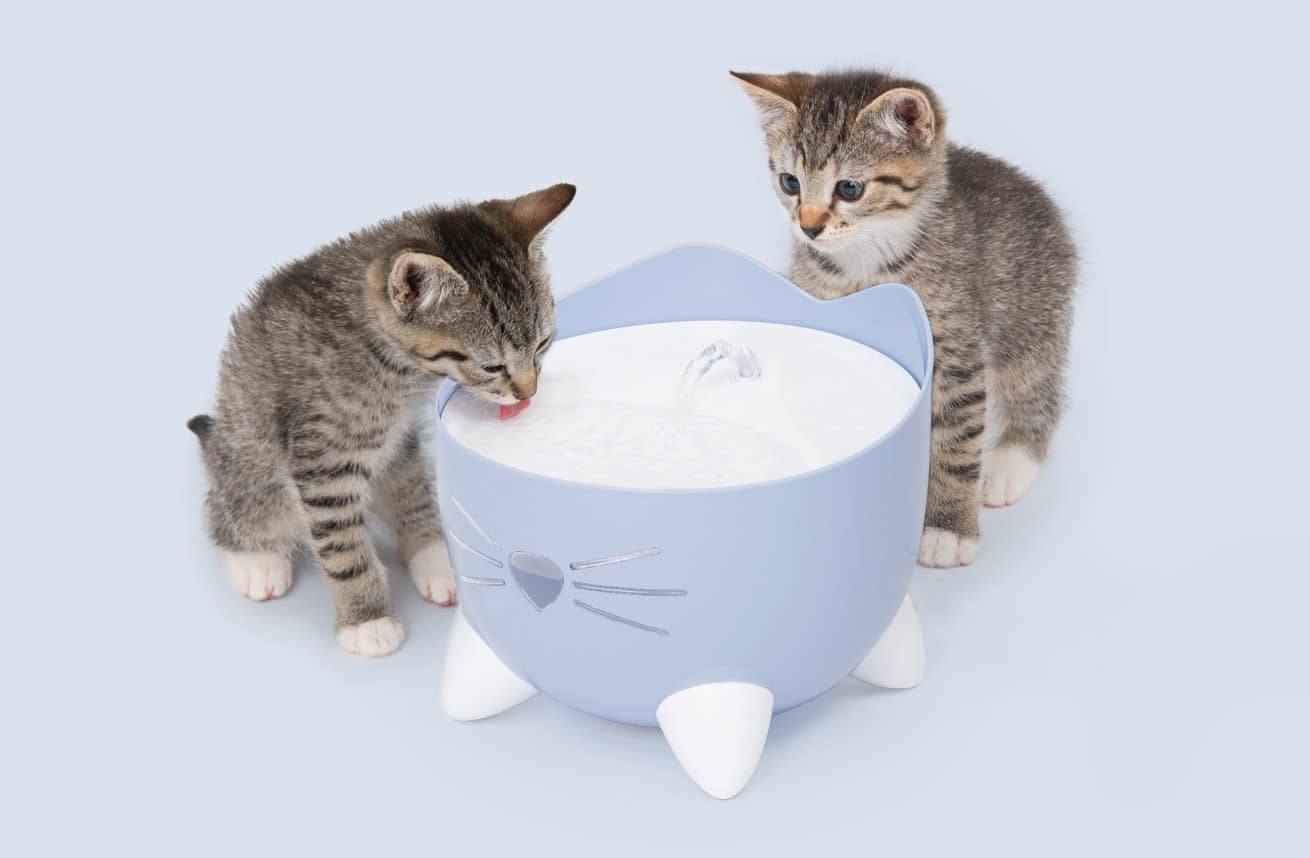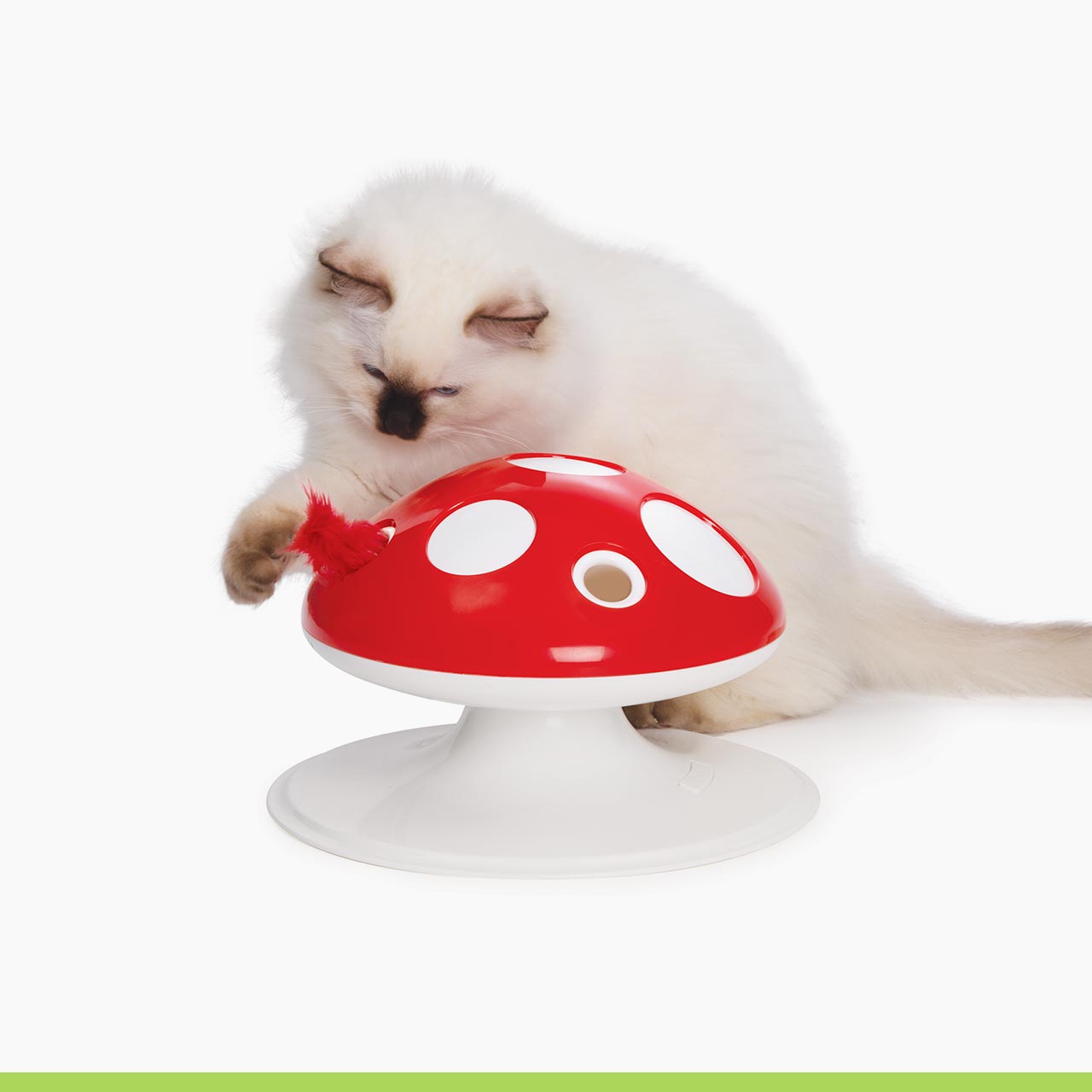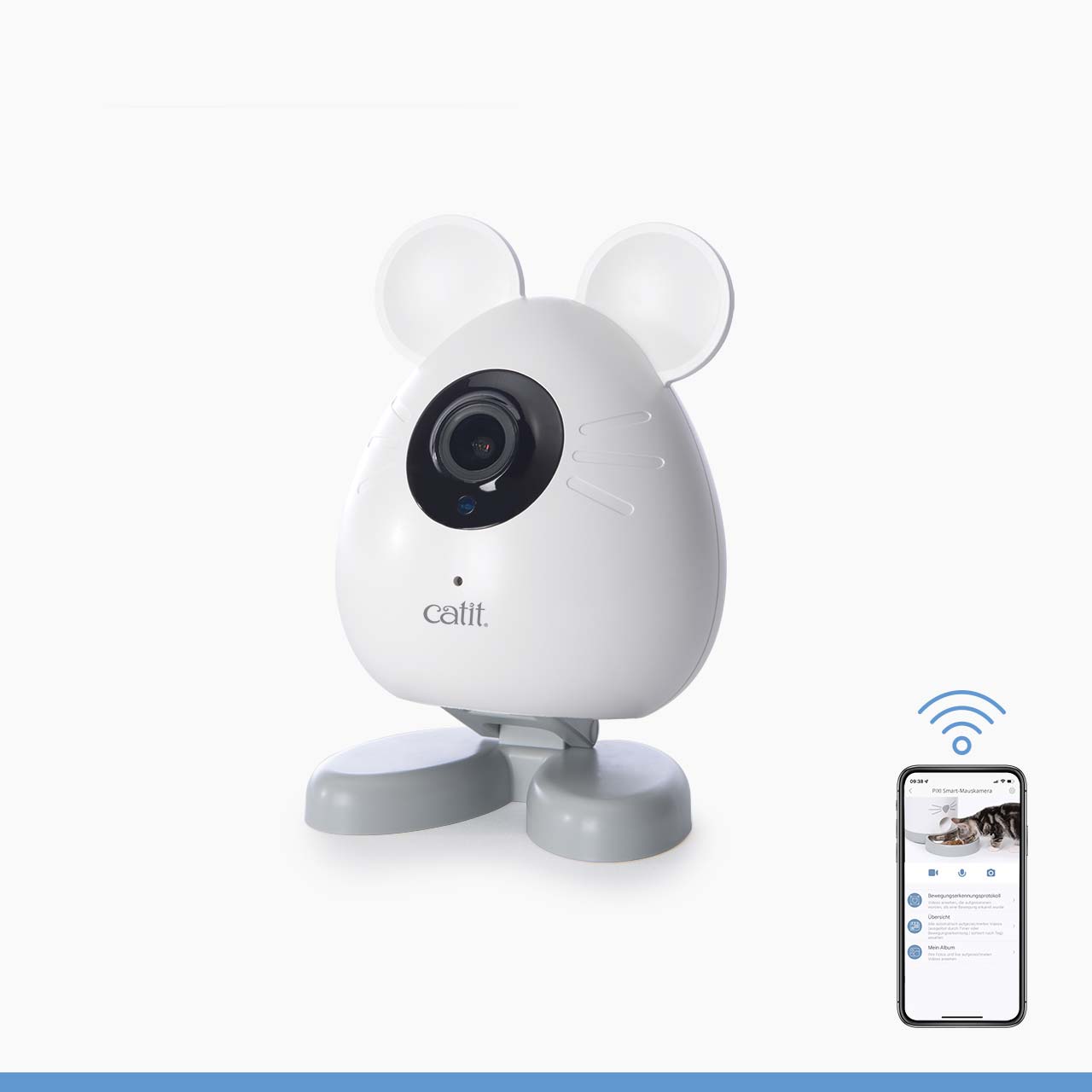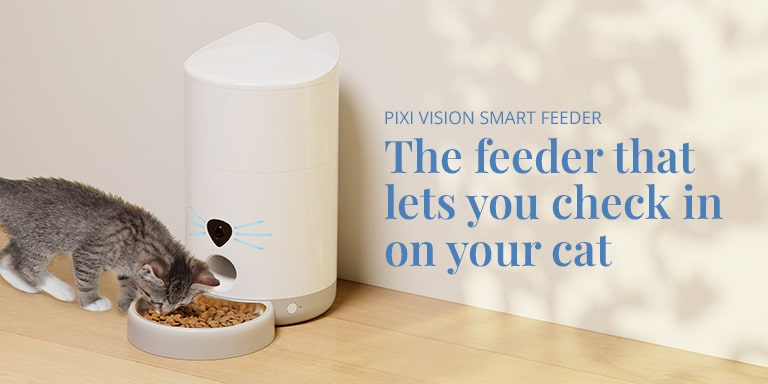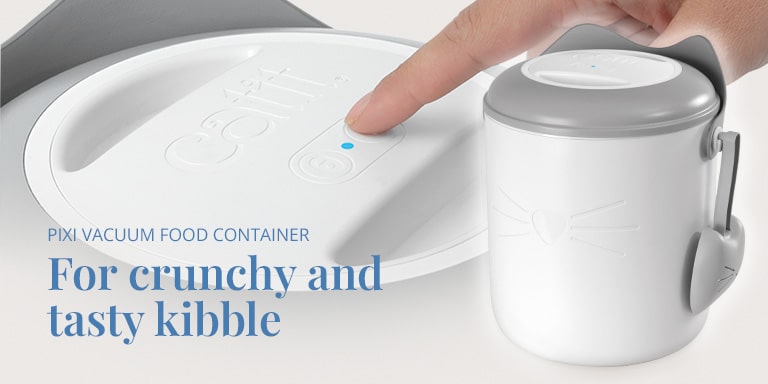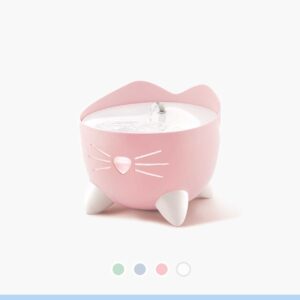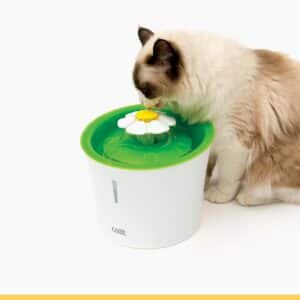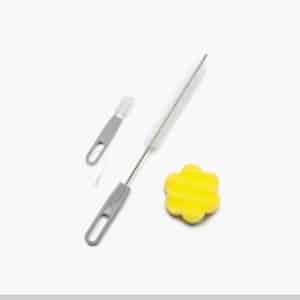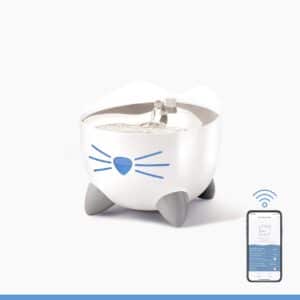In this article
Can cats have cows’ milk?
While we all know that cats love milk, it’s actually not good for them. Most cats are actually lactose intolerant as they lack the enzyme (lactase) needed to break down the sugar in milk (lactose). This means that drinking cows’ milk can easily lead to upset stomachs, vomiting, and diarrhea—just like in lactose-intolerant humans. While some cats may happily drink a saucer of milk without any digestive issues, it’s safer to avoid giving your cat cow’s milk.
What about special cat milk?
The cat milk you find in the supermarket is specially formulated for cats, but that doesn’t necessarily mean it’s good for them. While the drink is often lactose-free, it’s still quite fatty and offers no real nutritional benefits. So, while it’s better than regular milk, cat milk should only be offered to your cat as an occasional treat.

Can cats have plant-based milk?
Since about 65% of the world’s human population is lactose intolerant, a variety of plant-based milk alternatives have become available, such as soy milk, oat milk, almond milk, and coconut milk. While these options are generally gentler on your cat’s stomach, some can be high in fat or sweetened, potentially leading to weight gain. The bottom line for cats and milk is simple: they don’t need milk; they need water.
How to make my cat drink more water?
Cats naturally prefer running water to standing water because, in the wild, standing water is more likely to contain harmful bacteria and viruses. One simple way to give your cat access to running water at home is to get a drinking fountain. All Catit drinking fountains come with a filter that keeps the water fresh for longer. Just remember to change the water regularly so your cat will enjoy their new source of drinking water even more!
